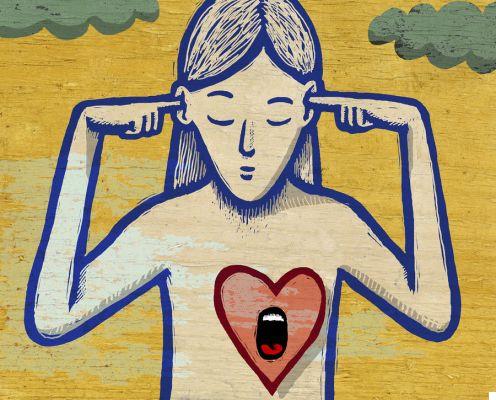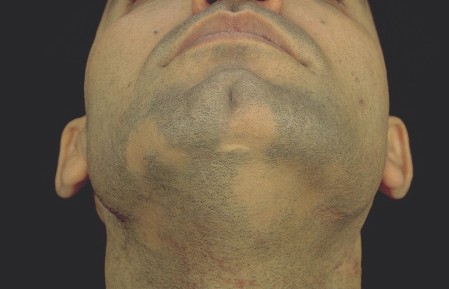
La Psoriasis is a chronic disease of
skin that is not contagious and that shows itself with a series of lesions
superficial scaly. According to the National Psoriasis Foundation of the USA
, between 1 and 3% of the world population suffers from it.
the causes of psoriasis are not entirely clear; many experts coincide that
would be due to a too high rate of mitosis of the cells of the
skin. But… what is this anomaly due to? The answers to these questions are
very different, some theories refer to a system defect
immune, genetic predisposition and environmental factors such as stress. But apart from the causes
of the disease, it is known that psoriasis has a very high component
psychological, to the point that it is considered one of the main diseases
psychosomatic, which is why some specialists have established one
distinction speaking of psoriasis from
stress. As early as 1990 Faber
postulated that stress played a role in the pathogenesis of psoriasis. This
researcher pointed out that some facts such as: the symmetry of the lesions, the aggravation
following nervous stress and remission after dissecting some nerves
peripheral, were aspects that were closely linked with the System
Nervous. Thus, he hypothesized that the release of substance P (a peptide that
acts as a neurotransmitter and would be involved in pain mechanisms)
would be responsible for the course of the disease. A study
posterior found that psoriasis was actually due to the action
joint of different neuro-peptides and not only to substance P, although, this one
idea is not shared by the whole scientific community. So, these
researchers consider that following a prolonged stressful situation,
our organism would release one extra-neuronal level, in the skin
series of neuro-peptides that would be responsible for accelerating development
of the disease. But if we want
delving into psychological functioning, there are many experts who
coincide in affirming that a vicious circle is created in which stress
(due to factors alien to the disease) plays an essential role in the appearance
of psoriasis and subsequently the stress experienced since the appearance of the
pathology itself causes this to worsen. Another given to
support of the theory of stress as a trigger and aggravating factor of
condition, is the compatibility between psoriasis and other ailments eminently
psychological such as: - The Depression:
in people with psoriasis it is found between 10 and 33% (of which 5% has
suicidal intentions) of the cases, compared to 10 or 12% found
in the unaffected population. - Anxiety: Yes
manifests itself in people suffering from psoriasis to an extent between 38 and
40%, while the population not affected by psoriasis presents anxiety only in
25% of cases. If we refer to
other pathologies whose psychological component has been amply demonstrated
in the scientific literature, it can be found that 26% of people with
psoriasis also suffers from high blood pressure and 17% of ailments
gastrointestinal. To these data goes
added a recent research carried out by the University of Murcia (Spain),
in which it was found that people with psoriasis presented
certain personological peculiarities that differentiated them from the rest of the
population. These peculiarities would make people not capable
to fight stress, highlighting a series of emotional responses
maladaptive. For example, a high vulnerability was found in the face
to stress, essentially other-oriented behavior in the
attempt to avoid social friction but which at the same time affects the
own responses to stressful situations and a difficulty
particularly in regulating emotions, which would score very high
in the scale of the alexithymia. Yes is
also appreciated a very low index of adaptation in the face of situations
stressors and elevated indicators of neurosis. At the same time,
It has been shown that people with psoriasis have high scores in
evidence of attempts to avoid pain, an idea later demonstrated
by University of Manchester researchers, according to whom the people who
suffering from this pathology would develop an implying mechanism
brain changes in the insular cortex that allows them to
respond in a more attenuated way in the face of feelings of disgust. In summary, the
psoriasis is not just a pathology determined in a particular way by the levels
of stress and maladaptive behaviors, but at the same time, the same
disease produces changes in the brain that would cause these
people react differently to certain environmental and social stimuli.

























